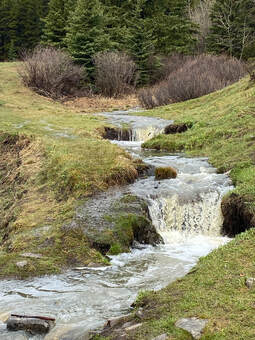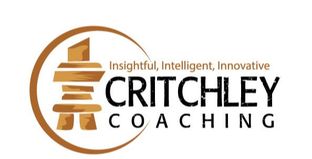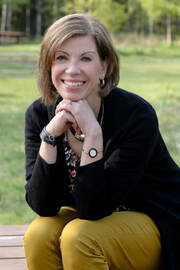
I had a similar experience on the hiking trail this week. Whereas last week challenged us with wind and a bit of instability in the form of snow, this week was all about rushing water. The heavy rainfall we had for two days on the long weekend caused some snow-melt, and that, coupled with the rain itself, meant water was just streaming off the foothills and mountains. When the regular stream beds couldn’t hold the water, it just overflowed and found the path of least resistance. Often, that was the path we were meant to be hiking on. It would travel along our path until it could find its way back to the well-worn stream. Many times, we were walking along and suddenly the trail turned into a stream, causing us to take a little, or bigger, detour. We had to pay close attention to the water. Whereas a couple of weeks ago we could have crossed almost any stream, this week the rushing water was far too dangerous. In places where we found flooded pathways, there too we had to pay attention. Sometimes a log someone had thrown across a waterway looked tempting, but we had to remind ourselves about how slippery those logs could be. It was the same thing with the rocks. Some were stable but others were just welcoming us to turn an ankle.
Even though there was no reason for us to get ourselves in any serious trouble, we have all done enough hiking to know it only takes one minute of a wandering mind. Pay attention, pay attention, I would remind myself.
After I came home from Tuesday’s Trek, and all week as I’ve driven over the under-construction road, spent some time with Ben, done sewing, visiting and many other weekly things, I’ve been thinking about paying attention. More specifically, I’ve been thinking about what I pay attention to. And what I want to pay attention to. And in fact, what it means to pay attention.
One definition of Pay is: to give, offer, or make freely or as fitting.
When I think of this definition, I realize there is an inherent value in paying attention. Perhaps this is why we feel so valued when someone pays us attention. When someone freely gives of their time, time they could choose to use on anything in the world, to focus on us or what we are saying or doing, we feel seen and valued.
When I think of people I know who make me feel better simply because I have been with them, I know what it is they have done to make me feel so. They have paid me, freely given me, their attention. We pay to show something has value to us. When we pay attention, we acknowledge the thing on which we focus our attention, has value.
This week I’ve heard from a couple of students I taught years ago. Those conversations have caused me to think back on my teaching career and about some of the things students have told me meant the most to them. Most have never chosen my enthralling lessons on factoring, although I must say….. Almost every one of them has remembered a conversation we have had together. Each of them says, “I’ve never forgotten when you told me….” The truth is, I can almost never remember the words I said. What I now understand is that the reason the words have stuck with them is because they came wrapped with a feeling that they were being paid attention. They, being young teenagers, were being listened to and valued.
Each of us has a limited amount of attention we can offer each day, each week, each month, each lifetime. It is a precious, often overlooked, commodity. I am trying to be mindful of where I place my attention. I still need to pay attention to simple things like traffic signs and rushing rivers. But when my focus does not have to be on those, I’m carefully choosing things, activities and people on which I’m want to pay attention. I understand how valuable it is, and how literally a few seconds of well or poorly placed attention can have a lasting impact. Just as people notice when we pay them attention, they also notice when we do not.
There is a delightful flipside of paying attention. Whereas in other areas of our life, when we pay, we end up with less, with attention, when we pay, we often end up with more. More understanding, more compassion, more collaboration, more cooperation, more rich relationships, and more love.
My inquiry for you this week is, “What am I paying attention to?”
Elizabeth is a certified professional Leadership Coach, and the owner of Critchley Coaching. She is the founder and president of the Canadian charity, RDL Building Hope Society. She works with corporations, non-profits and the public sector, providing leadership coaching. She creates and facilitates custom workshops for all sizes of groups. She has particular expertise in facilitating Strategic Plans for organizations. Contact Elizabeth to learn how pay attention.


 RSS Feed
RSS Feed